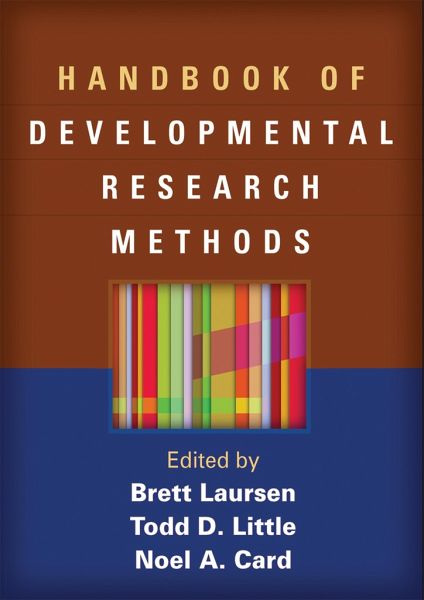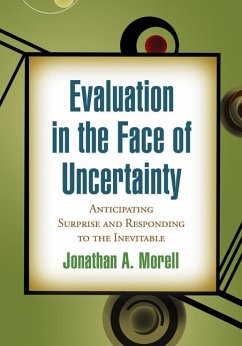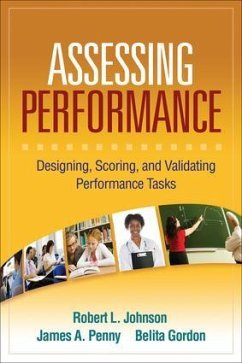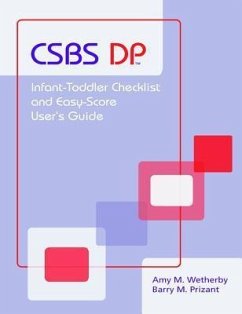
Handbook of Developmental Research Methods
Versandkostenfrei!
Versandfertig in über 4 Wochen
69,99 €
inkl. MwSt.

PAYBACK Punkte
35 °P sammeln!
Appropriate for use in developmental research methods or analysis of change courses, this is the first methods handbook specifically designed to meet the needs of those studying development. Leading developmental methodologists present cutting-edge analytic tools and describe how and when to use them in accessible, nontechnical language. They also provide valuable guidance for strengthening developmental research with designs that anticipate potential sources of bias. Throughout the chapters, research examples demonstrate the procedures in action and give readers a better understanding of how ...
Appropriate for use in developmental research methods or analysis of change courses, this is the first methods handbook specifically designed to meet the needs of those studying development. Leading developmental methodologists present cutting-edge analytic tools and describe how and when to use them in accessible, nontechnical language. They also provide valuable guidance for strengthening developmental research with designs that anticipate potential sources of bias. Throughout the chapters, research examples demonstrate the procedures in action and give readers a better understanding of how to match research questions to developmental methods. The companion website (www.guilford.com/laursen-materials) supplies data and program syntax files for many of the chapter examples.













